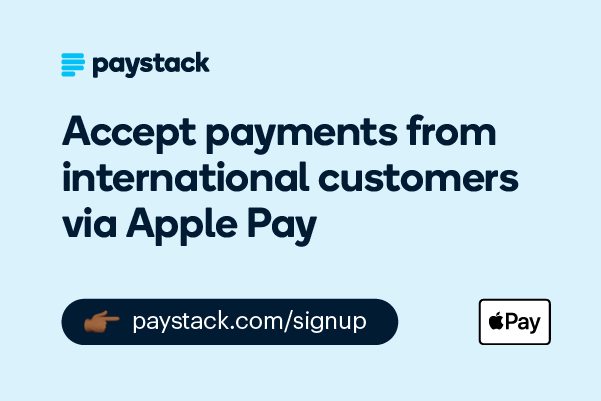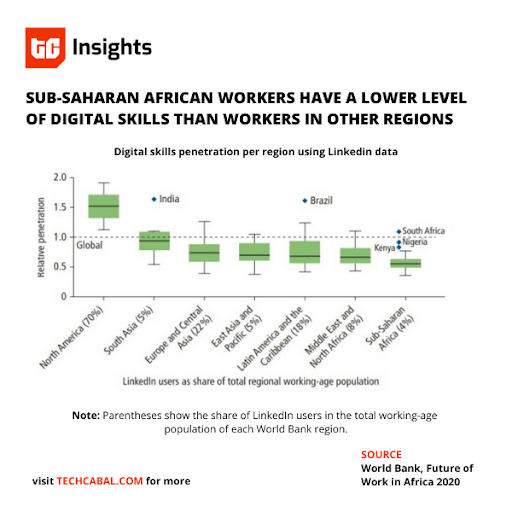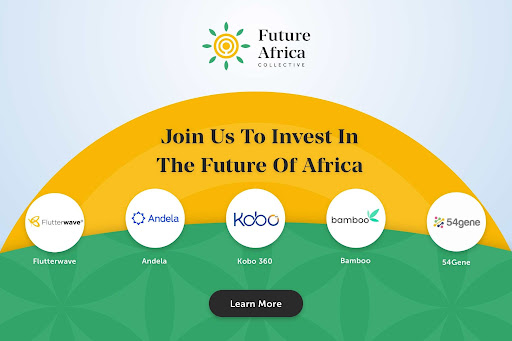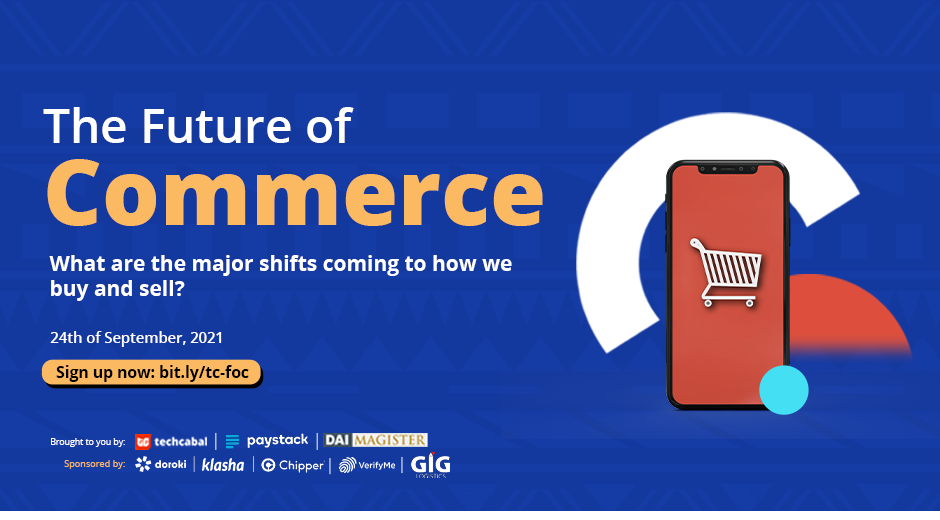
IN PARTNERSHIP WITH

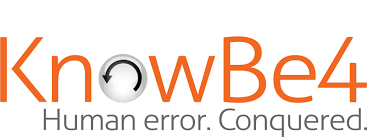
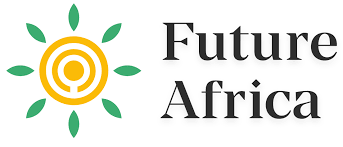
Good morning ☀️ ️
China has banned all cryptocurrency transactions.
There are now thirteen countries all over the world, including Egypt, Algeria and Russia where cryptocurrency trading, mining and exchange are all banned.
Crypto-folks may want to hold their hearts and coins tight as China’s move has caused a $2,000 dip in bitcoin over the weekend, another blow after the Evergrande scam caused similar dips in the crypto markets.
In today’s edition:
- The Reel Fruit funds of Nigeria
- Zanzibar bets on herbal medicine
- TC Insights: A future-proof Africa
- What does the future have in store for commerce in Africa?
- Tech Probe
THE REEL FRUIT FUNDS OF NIGERIA
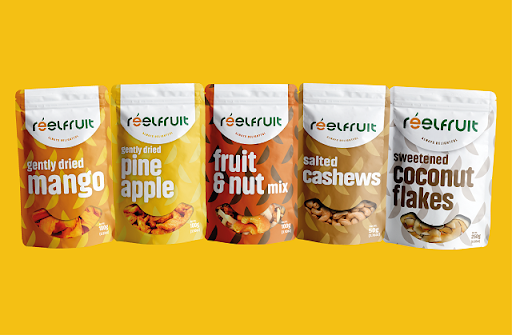
There are a lot of mouth-watering funding announcements that have been made this year, but Reelfruit’s is by far the most digestible one.
The Nigerian agritech startup has raised $3m in Series A Funding to expand the production capacity of its dried fruit products.
The round was led by Alitheia IDF, with support from other investors including Samata Capital and Flying Doctor Healthcare Investment Company.
What’s the problem Reelfruit is solving?
Globally, almost half of the fruit we harvest each year is wasted.
In every continent, food waste is a problem. About 1.3 billion tonnes of food is wasted per year, globally. To put it in perspective, that’s $940bn worth of food!
In sub-Saharan Africa, we waste $4bn worth of food per year, more than enough to feed 48 million people, according to the UN. And of all the foods wasted, fruits and vegetables make up almost 50% of it.
Inefficient processing and drying, poor storage, and insufficient infrastructure all contribute to fruit wastage.
Reelfruit, with its dried fruit snacks, is stemming this wastage while tapping into the market.
The mission so far
Reelfruit is on a mission to, “inspire delightfulness by offering the tastiest snacks in town.”
Founded in 2012 by Affiong Williams, the startup produces a wide range of healthy, dried fruit and nut snacks sold across the country. The startup has since grown by 750%, producing 6 metric tonnes of dried fruit per month, employing hundreds of Nigerians, and even winning the village capital funding in 2020.
Since launch, Reelfruit has grown to produce many healthy snacks including dried mangoes, pineapples, and four delectable variants of toasted coconut chips.
With its latest funding, Reelfruit wants to multiply its monthly output, aiming for 30 metric tonnes per month.
Zoom out: Lately, Nigerian agritech startups are getting the support they deserve. Last week, Releaf announced a $4.2 million round which will also be used to expand across Nigeria. With a little bit of grit and luck, agritech startups can use their products to solve global problems like hunger and waste.
ZANZIBAR BETS ON HERBAL MEDICINE
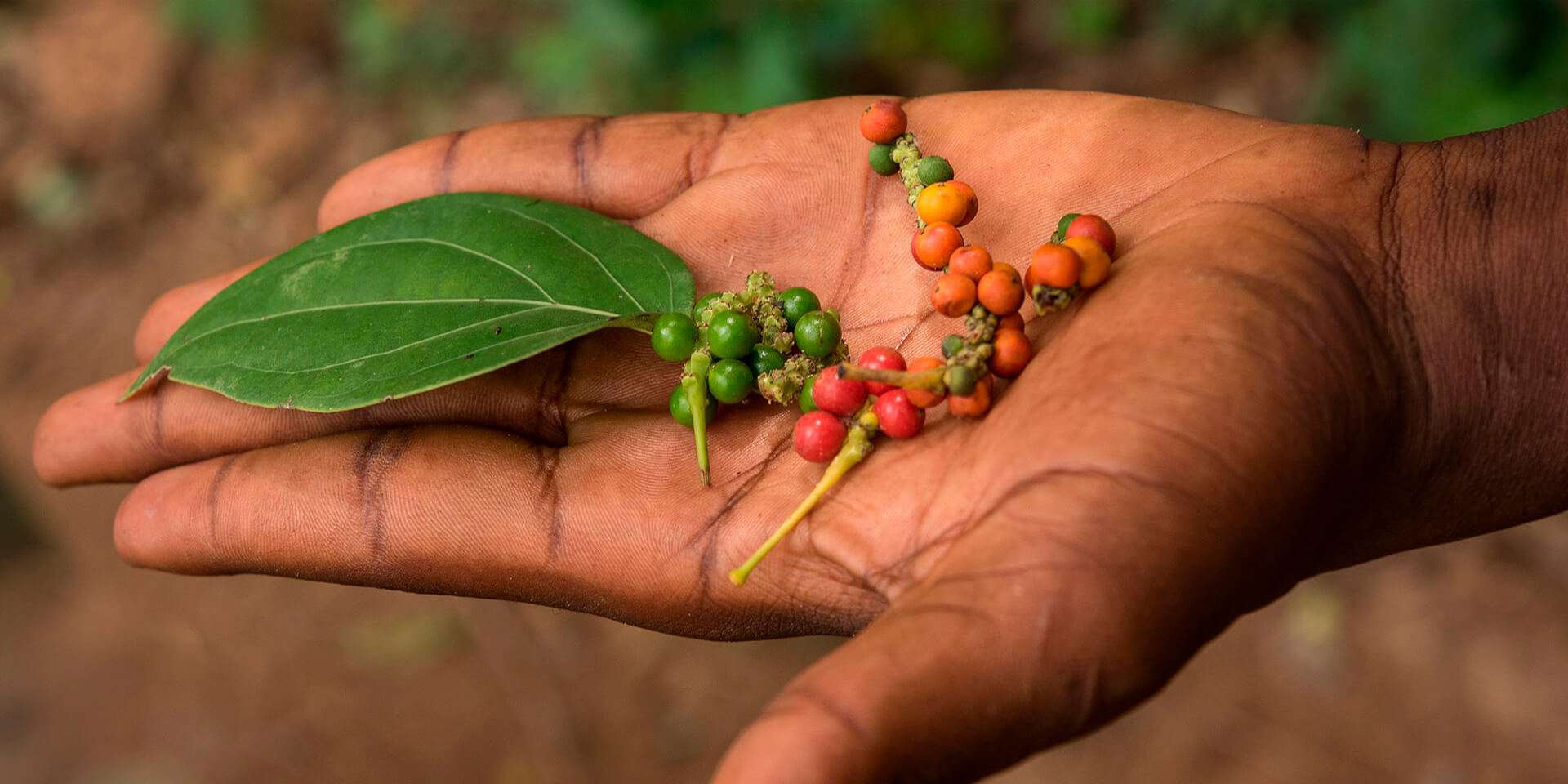
Do you think the cure to cancer, stroke, or diabetes could lie in herbal medicine? Zanzibar believes it could be possible and they’re testing it out.
Zanzibar is the birthplace of Freddy Mercury, spice plantations and now, the Tanzanian region is birthing the development of herbal medicines as alternative cures for non-communicable diseases.
Over the next two years, researchers at the Zanzibar Health Research Institute and the National Institute for Medical Research will pursue a project aimed at formalizing the island’s herbal medicine market through manufacturing processes and marketing. The initiative will be funded by the Tanzania Commission for Science and Technology and focus on using alternative medicines to treat non-communicable diseases (or diseases that are not passed from person to person).
Herbal medicine got a bad rep earlier this year when, during the height of a global pandemic, the late Tanzanian President John Magufuli advocated for natural remedies over the use of vaccines.
But, herbal medicines have a long history in Tanzania and many still depend on them for treatment.
Regulating Healers
Tanzania passed the Traditional and Alternative Medicine Act in 2009, under which Zanzibar registered an estimated 340 healers by 2019. Registration required that healers be 18 years of age, have at least three years of experience, and obtain a letter of recommendation from a trained healer. Registered healers were also connected with traditional doctors to share information about patient needs and offer education on specific diseases.
In 2018, the Tanzania Ministry of Health, Community Development, Gender, Elderly, and Children also endorsed the use of a popular herbal drug called Ujana to treat erectile dysfunction.
Safety in Standardization?
Maybe standardization is what’s needed to make herbal medicine safer, healthier and more profitable. Zanzibar’s director of medical services in the Ministry of Health, Social Welfare, Gender, Elderly, and Children has even proposed the establishment of an institute for traditional and herbal medicine research, training, and production in the near future.
Would you use herbal medicine?
Accept international payments from your customers in the USA, UK, Canada, and 60+ countries using Pay with Apple Pay.
👉 Create a free Paystack account to get started.
This is partner content.
TC INSIGHTS: A FUTURE-PROOF AFRICA
Asabe is 22. Fresh from rounding up her undergraduate studies, she’s beginning to lose hope in getting a decent job. She has received very few responses to the applications she sent out. One recruiter was kind enough to inform her of the mismatch between her skills and the job requirements.
She is one out of many young people that make up 60% of Africa’s population. According to an AFDB report, 10-20 million African youth enter the workforce every year without the required skills. Many young people are not getting the education they need to secure high-quality jobs. Digital skills penetration, which is important for high-quality jobs, is lower in sub-Saharan Africa than in other regions.
To close the skills gap, edtech startups are using technology to help young people become job-ready. In Kenya, Yusudi, an edtech startup that teaches young people sales skills has trained more than 2,500 Kenyan young people through its blended learning programs. Engineering talent accelerator, Andela trained 1,100 youths in Nigeria and Kenya within the first four years of its existence: releasing top-tier engineering talent across the continent.
Despite the efforts of these startups, some challenges persist. There is limited digital infrastructure and education remains a highly regulated industry within the continent. In a bid to scale their impact, edtech startups are partnering with government and corporate entities.
Nigerian-based Scholar X recently announced a partnership with telecommunications services provider, Airtel Nigeria to extend the reach of its mobile learning platform. In Edo State, South-West Nigeria, Decagon, another engineering talent accelerator, partnered with the government to build a 15,000 person software hub.
It’s still early days but much more can be done. To scale solutions that address the huge skills gaps, there is the need for close dialogue between education companies and job providers. Also, edtech startups will need to play the long game and influence government policy. Finally, there is a need for an innovation sandbox for edtech entrepreneurs. This will require collaboration among schools, telcos, and the government.
Get our keynote presentation on Edtech in Africa here and watch videos from our conversations about the sector. Send your custom research requests to tcinsights@bigcabal.com.
KB4-CON EMEA is a free, highly engaging, cybersecurity-focused virtual event designed for CISOs, security awareness and cybersecurity professionals in Europe, the Middle East and Africa.
The event will be on Thursday, September 23rd and features keynotes from two of the most well-known figures in cybersecurity. Mikko Hyppönen will cover how our global networks are being threatened by surveillance and crime, and how we can fix our technical, and human, problems. Kevin Mitnick will reveal social engineering tradecraft and insights and wow you with a live hacking demonstration. You can register here.
This is partner content.
What does the future have in store for commerce in Africa?

The evolution from trade-by-barter to coins, to banknotes, and now digital currencies is just one of the many ways that commerce has evolved over the years.
There are also other forms of commerce that have evolved. For example, logistics whiff commerce which started on horseback, evolving through the industrial revolution to engines for trains and cars, and now drone delivery services.
All these developments were ignited by one factor or another, whether the need for efficiency, profit, or in the case of 2020, sustainability.
A surge in e-commerce
In 2020, Covid-19 pushed for more change in commerce. The restrictions forced more people to shop online, e-commerce companies and platforms all over the world enjoyed a surge in activity. E-commerce transactions in the UK grew from 15.8% to 23.3% while China’s grew from 20.7% to 24.9%.
In Africa, the revenue for e-commerce grew from 33.8% in 2019 to 52.7% in 2020, a remarkable surge considering just how low the internet penetration on the continent is. The question of internet penetration has also brought up more pressing questions like How can we sustain 2020’s growth? and What will commerce look like in the next ten years?
To attempt to answer these questions, we brought together the key players in the industry to anticipate the shifts in the industry and buying behaviour which can help service providers and customers prepare for any future surges.
Michael Ajifowoke highlights some answers from The Future of Commerce event.
Join the Future Africa Collective – an exclusive community of investors who invest in startups building the future of Africa. With a $1,000 annual or a $300 quarterly subscription fee, you get access to invest a minimum of $2,500 in up to 20 fast-growing African startups each year.
Learn more here.
This is partner content.
TECH PROBE
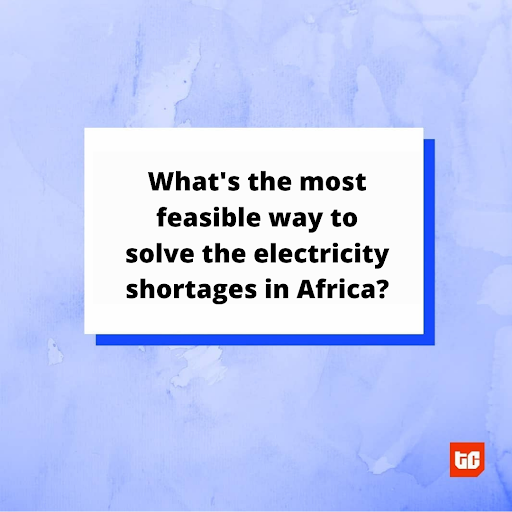
Share your answer with us on Twitter and Instagram, or send a reply to newsletter@techcabal.com.
We’ll publish the most interesting answers on Friday.
JOB OPPORTUNITIES
Every week, we share job opportunities in the African ecosystem.
- BuyCoins – Technical Lead, Senior Backend Engineer, Technical Product Manager – Africa (Remote)
- TechCabal – Consumer Tech & Digital Culture Writer – Africa (Remote)
- Wave – Country Launcher, Launch Business Operation Lead – Anglophone Africa
- Paystack – Fraud Analyst, Technical Product Specialist – Africa (Remote)
There are more opportunities here. If you’d like to share a job opening or an opportunity, please fill this form.
What else we’re reading
- ChatBots Africa and Fashtracker emerge as winners at the Future of Commerce’s Investment and Pitch sessions.
- Gabon is getting a 120 megawatts gas power plant and it’s the largest of its kind in Sub-Saharan Africa and a sizable energy infrastructure project for Gabon.
- Kenya’s Astral Aviation is partnering with Abu Dhabi’s HOPE Consortium to offer drone vaccine distribution solutions to Africa.
- The inflation rate in Nigeria has more than doubled since 2014. Here’s what the average Nigerian could buy with $177 that they can’t get today.







